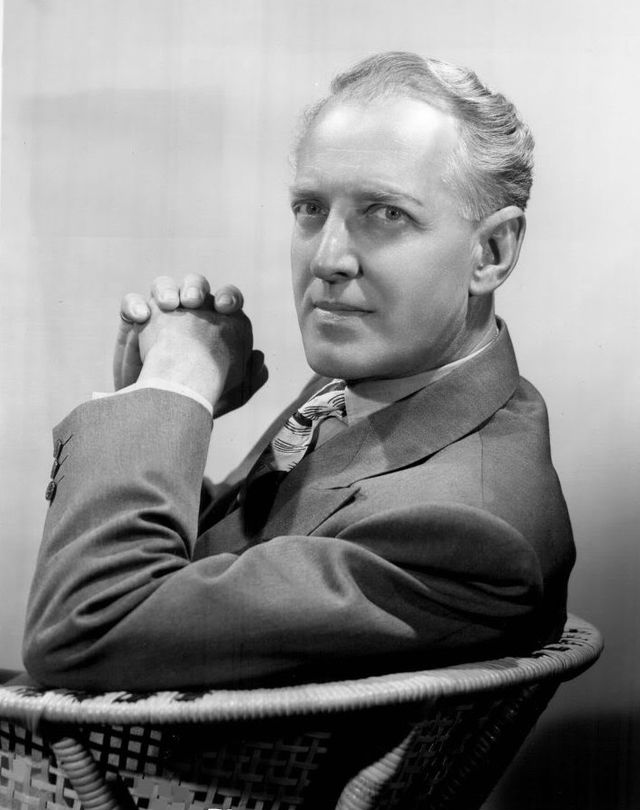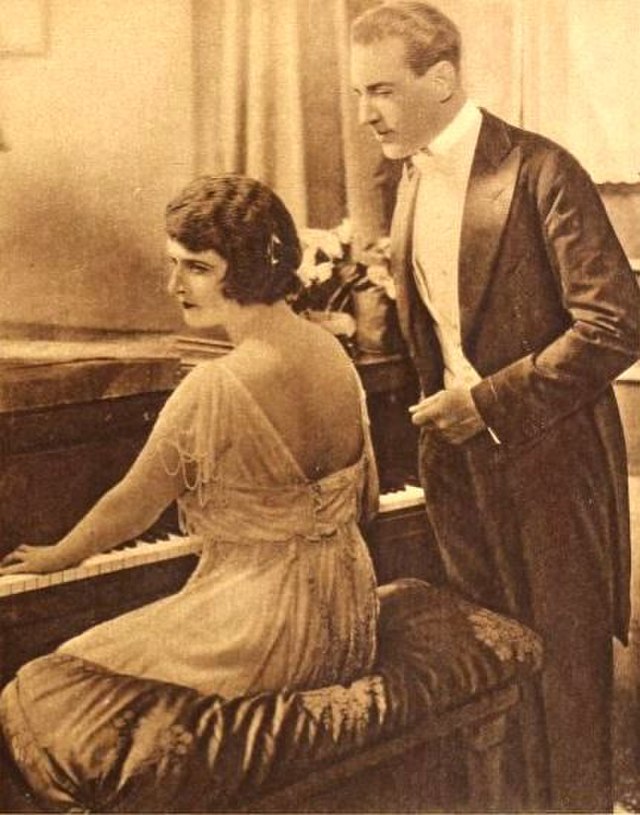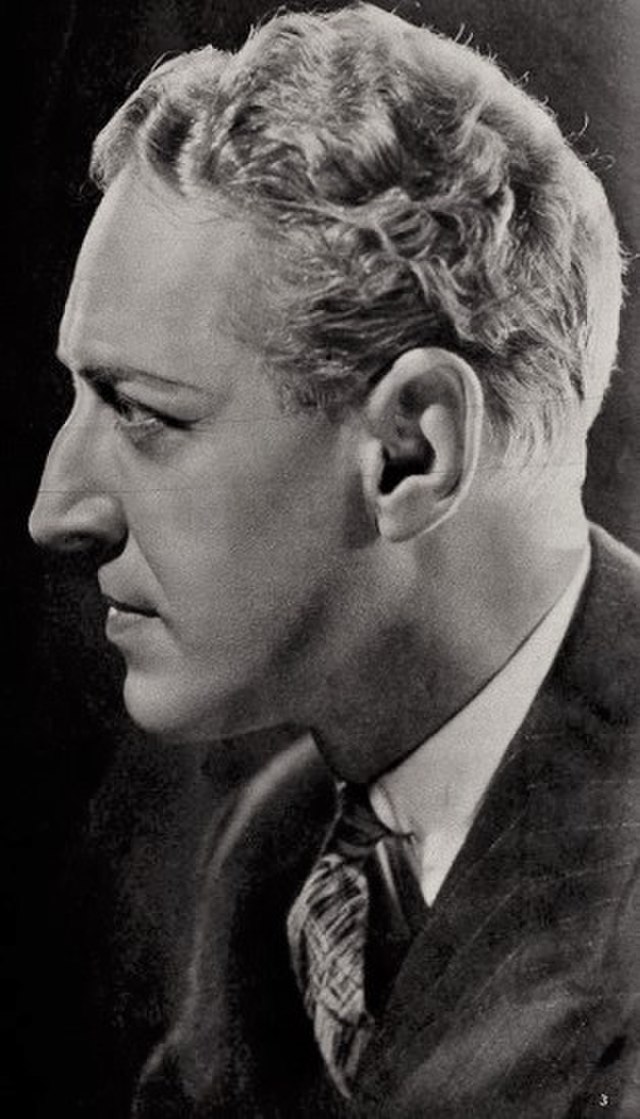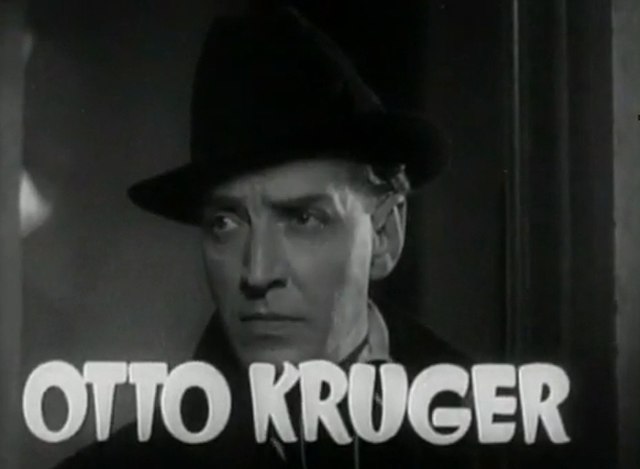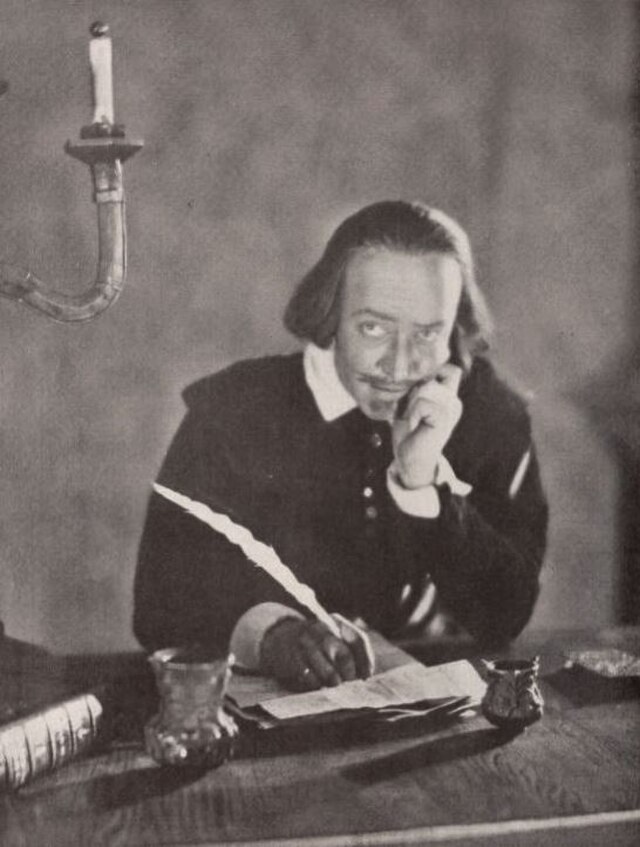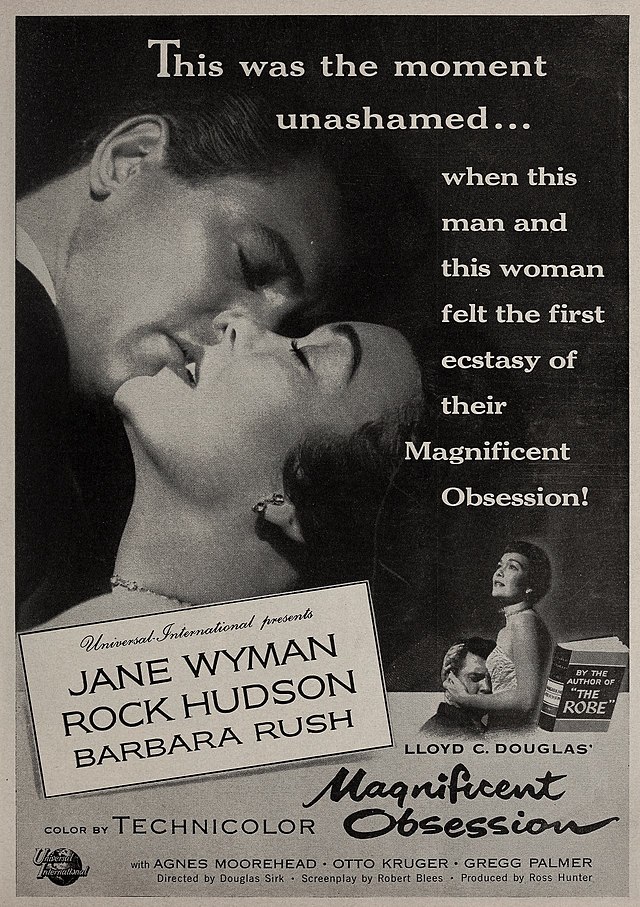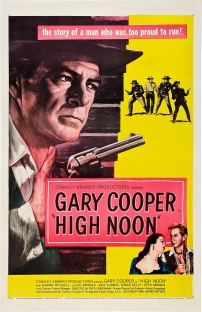Otto Kruger (1885 – 1974)
A Complete Biography
Otto Kruger was an American actor renowned for his suave demeanor and impeccable performances in both stage and screen productions. Born on September 6, 1885, in Toledo, Ohio, Otto William Kruger would grow to embody the archetypal polished villain and refined gentleman in Hollywood's Golden Age.
Early Years
Kruger was raised in a musically inclined family, which influenced his initial pursuit of a career in music. He studied piano and was a talented musician, training at the University of Michigan. However, a deep-seated interest in acting eventually drew him to the theater. With the support of his family, he moved to New York City, where he immersed himself in the bustling Broadway scene.
Career Beginnings
Kruger began his acting career on the stage in the early 20th century, performing in both Shakespearean productions and modern dramas. His theatrical work gained him recognition for his commanding presence and elegant bearing, which became hallmarks of his later screen persona.
Kruger's Hollywood debut came in the early 1930s, as he transitioned seamlessly to film at a time when the industry sought actors with stage experience to bring credibility to "talkies." His sophisticated demeanor and resonant voice made him an ideal choice for roles ranging from suave villains to high-society gentlemen.
Path to Success
By the mid-1930s, Kruger had become a sought-after character actor in Hollywood. His standout roles in films like "Magnificent Obsession" (1935) and "Dracula's Daughter" (1936) solidified his reputation. In the 1940s, Alfred Hitchcock cast him as the charmingly sinister Charles Tobin in "Saboteur" (1942), a role that showcased his ability to exude menace while maintaining an air of charm.
Kruger appeared in over 90 films during his career, including classics like "High Noon" (1952) and "Cover Girl" (1944). His performances often carried an understated elegance, earning him a loyal fanbase and the respect of his peers.
Personal Life
Kruger married Susan "Sue" MacManamy in 1915, and the couple remained devoted to one another until his death nearly six decades later. They had one daughter, Ottilie Kruger, who followed her father into the entertainment industry.
Kruger was known for his intelligence, wit, and charm, qualities that made him a beloved figure among his colleagues. Off-screen, he enjoyed playing the piano and often entertained friends and family with his musical talents. He was also a passionate supporter of the arts, frequently attending theatrical productions and contributing to cultural initiatives.
Later Years
As Kruger aged, he began to shift his focus from film to television, appearing in popular series like "Perry Mason" and "The Twilight Zone." Despite his advancing years, he continued to captivate audiences with his performances, maintaining the same sophistication that had defined his earlier work.
By the late 1960s, Kruger retired from acting due to declining health. He lived quietly with his wife, enjoying the fruits of a long and distinguished career.
Death
Otto Kruger passed away on September 6, 1974, his 89th birthday, in Woodland Hills, California. The cause of death was complications from a stroke he had suffered several years earlier. His passing marked the end of an era, as Kruger was one of the last surviving stars of Hollywood's Golden Age.
Legacy
Otto Kruger left behind a body of work that continues to be celebrated for its sophistication, complexity, and timeless appeal. Whether portraying the villain or the gentleman, he brought a level of depth and elegance that elevated every project he was a part of.
Kruger is buried at Forest Lawn Memorial Park in Glendale, California, a final resting place befitting a man whose contributions to the entertainment industry remain etched in the annals of Hollywood history.
Otto Kruger Measurements
Otto Kruger was approximately 5 feet 9 inches tall (175 cm).
Throughout his career, Kruger was known for his sophisticated and urbane screen presence, often portraying charming villains and authoritative figures. His refined demeanor and commanding presence contributed significantly to his success in both film and theater.
Video about Otto Kruger
Otto Kruger: An Analysis of His Acting Style
Otto Kruger was a master of subtlety and sophistication, possessing an acting style that set him apart during Hollywood’s Golden Age. Known for his ability to portray both charming protagonists and refined antagonists, Kruger's performances were marked by an air of controlled elegance, razor-sharp timing, and an understated intensity.
Elegance and Sophistication
Kruger exuded a polished and urbane demeanor that made him a natural fit for roles requiring grace and sophistication. Whether playing a high-society gentleman or a cunning villain, his physical presence—characterized by his tall stature, composed posture, and smooth movements—commanded attention. His performances often radiated a sense of authority, which allowed him to convincingly inhabit characters who wielded power or influence.
Nuanced Villainy
Kruger’s ability to play antagonists was one of his defining traits. Unlike many actors who relied on overt menace, Kruger’s villains were characterized by charm, intelligence, and subtlety. In films like Saboteur (1942), he portrayed a treacherous industrialist with such affability that his sinister motives became even more unsettling. He employed his measured voice and composed demeanor to disarm audiences, crafting villains who were as alluring as they were dangerous.
Understated Emotion
Kruger was an expert at conveying complex emotions through minimalistic gestures and facial expressions. His restrained approach allowed audiences to infer the depth of his characters' thoughts and feelings without explicit exposition. This subtlety made his performances feel natural and authentic, particularly in roles where he played conflicted or morally ambiguous characters.
Command of Dialogue
Kruger’s background in theater gave him a remarkable command of dialogue. His resonant voice and impeccable diction elevated even the simplest lines, lending them gravitas and credibility. He had a knack for imbuing his speech with layers of meaning, often using tonal shifts and pauses to emphasize subtext. This skill was especially evident in films like Magnificent Obsession (1935), where his measured delivery conveyed wisdom and gravitas.
Versatility
Despite his tendency to be cast as urbane and intellectual characters, Kruger demonstrated remarkable versatility throughout his career. He moved seamlessly between genres, appearing in romantic dramas, psychological thrillers, film noirs, and even horror. His performances in Dracula’s Daughter (1936) and Murder, My Sweet (1944) showcased his ability to adapt his refined style to diverse settings, from Gothic horror to gritty noir.
On-Screen Magnetism
Kruger had an innate ability to draw attention without overshadowing his co-stars. He understood the dynamics of ensemble performances and adjusted his energy to complement the scene’s tone and focus. His charisma was subtle yet undeniable, making him a compelling presence even in supporting roles.
The Gentleman Archetype
Kruger often portrayed characters who embodied the quintessential "gentleman" archetype—cultured, intelligent, and composed. However, he skillfully nuanced these roles to reflect complexity, such as underlying moral conflict or hidden agendas. This blend of surface charm and deeper intricacies added layers to his performances.
Legacy
Otto Kruger’s acting style is a study in elegance and restraint, a hallmark of classic Hollywood’s character actors. He proved that charisma and depth could coexist with subtlety, and his performances continue to resonate for their sophistication and timeless appeal. Whether embodying a trusted confidant, a scheming villain, or a conflicted professional, Kruger brought a unique blend of charm and depth that left an indelible mark on the art of acting.
Movie Quotes
• "Dracula's Daughter" (1936):
• Dr. Jeffrey Garth: "My mind is just as open as it ever was, professor. But it's a scientific mind, and there's no place in it for superstitions."
• "High Noon" (1952):
• Judge Percy Mettrick: "This is just a dirty little village in the middle of nowhere. Nothing that happens here is really important."
• "Saboteur" (1942):
• Charles Tobin: "You're one of the ardent believers—a good American. Oh, there are millions like you. People who play along, without asking questions. I hate to use the word stupid, but it seems to be the only one that applies."
• "Magnificent Obsession" (1954):
• Edward Randolph: "Once you find the way, you'll be bound. It will obsess you. But believe me, it will be a magnificent obsession."
Recognition for Otto Kruger
Otto Kruger, renowned for his sophisticated and versatile performances, received notable recognition during his career. He was honored with two stars on the Hollywood Walk of Fame on February 8, 1960: one for his contributions to motion pictures, located at 1734 Vine Street, and another for his work in television, situated at 6331 Hollywood Boulevard.
Movies with Otto Kruger
1933:
• "Turn Back the Clock": Ted Wright (Otto Kruger) is given a chance to relive his life from a pivotal moment, exploring themes of regret and the impact of choices.
• "Ever in My Heart": Hugo Wilbrandt (Otto Kruger) portrays a German-American professor facing prejudice during World War I, highlighting the challenges of divided loyalties.
1934:
• "Chained": Richard Field (Otto Kruger) is a wealthy businessman entangled in a love triangle, exploring themes of love, duty, and sacrifice.
• "Treasure Island": Dr. Livesey (Otto Kruger) joins a young boy and a crew in search of buried treasure, encountering pirates and adventure on the high seas.
1936:
• "Dracula's Daughter": Jeffrey Garth (Otto Kruger) is a psychiatrist who becomes entangled with Countess Marya Zaleska, Dracula's daughter, as she seeks to free herself from her vampiric curse.
1942:
• "Saboteur": Charles Tobin (Otto Kruger) is a charming yet sinister industrialist involved in espionage, pursued by an innocent man accused of sabotage.
1943:
• "Corregidor": Dr. Jan Stockman (Otto Kruger) is a dedicated physician working in a hospital on the Philippine island of Corregidor during World War II, facing the challenges of war and personal relationships.
1944:
• "Cover Girl": John Coudair (Otto Kruger) is a magazine editor who offers a chorus girl a chance at fame, leading to complications in her personal and professional life.
• "Murder, My Sweet": Jules Amthor (Otto Kruger) is a shady psychic involved in a complex web of crime and deception, investigated by private detective Philip Marlowe.
1950:
• "711 Ocean Drive": Carl Stephans (Otto Kruger) is a mob boss overseeing a nationwide bookmaking operation, facing challenges from both law enforcement and internal betrayal.
1952:
• "High Noon": Judge Percy Mettrick (Otto Kruger) is a town judge who advises the marshal to leave town, highlighting themes of courage and moral duty in the face of danger.
1954:
• "Magnificent Obsession": Edward Randolph (Otto Kruger) is a wise mentor guiding a reckless playboy toward redemption after his actions lead to tragedy.
1959:
• "The Young Philadelphians": John Marshall Wharton (Otto Kruger) is a senior partner in a prestigious law firm, influencing the career of an ambitious young lawyer navigating social and ethical challenges.

